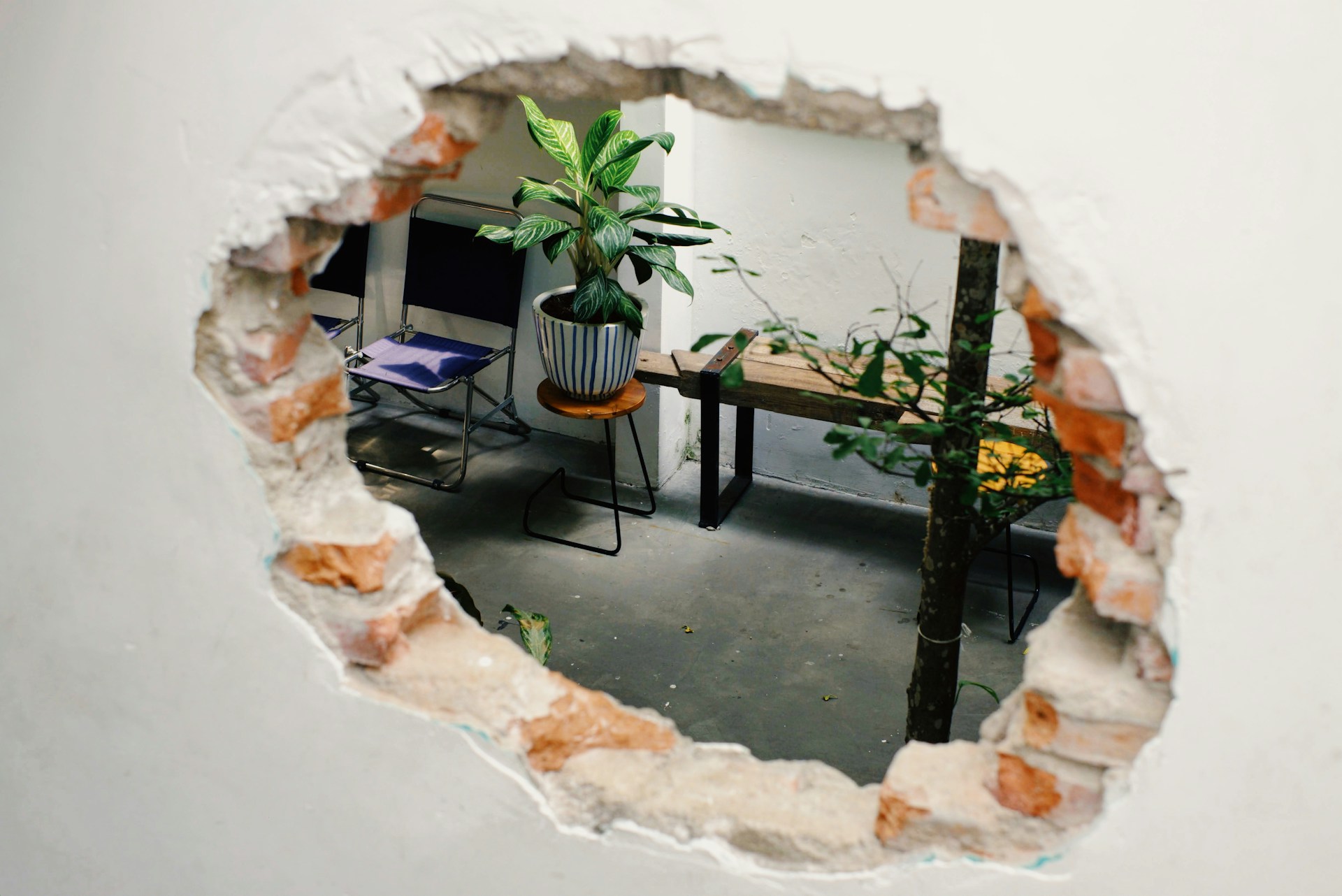How to avoid problematic guests in your holiday rental
6 strategies you can use to avoid renting your holiday home to troublesome guests

July 2025
While most holiday home guests are usually no trouble, there will always be guests out there who can cause problems in your Airbnb. Here’s how you can avoid taking on problematic guests (and potential conflicts) in your holiday home.

What is a problematic guest?
First, consider what you think of this question. There are some things that would be a problem for every holiday home owner, such as guests who steal or break things. However, other behaviours might be problematic for some landlords, but it might not be a sufficient reason for evicting a holiday home guest. For example, if you want people to rent a holiday apartment in the city centre, you would expect them to be quiet and respectful of the neighbours. On the other hand, if you have a rural cottage in the middle of nowhere, guests staying up late making noise aren’t really rural threats.
A good way of addressing this is to first consider the opposite: what does your ideal guest look like? Do you want families with children, couples on honeymoon, or business travellers? If your holiday rental website is clearly targeted towards your perfect guest, then you may find problems are less likely to occur.
How to avoid problematic guests and conflicts with your holiday home guests
1. Setting guest policies for your holiday rental
When it comes to problematic guests, you could draw up a list of rules considering the types of guests that you would prefer to rent your holiday home to. This will help you to avoid renting your holiday home out to guests that perhaps historically have caused you problems. For example, if you previously had problems with large groups of young people renting the apartment, you may set an age limit.
Here are a few things to consider:
- What is the maximum number of guests you’ll accept in a group booking?
- Does your booking policy vary according to age? A group of pensioners may be more welcome than teens celebrating the end of sixth form.
- Will you allow pets in your rental?
- Will you allow hen and stag parties?
Each holiday apartment owner has to decide for themselves where to draw the line. You may have to weigh things up carefully. For example, you can charge a higher fee if you’re the only rental that accepts dogs in your area. However, with pets, you risk damage to furniture and will need to clean very thoroughly, as it might cause problems for guests with allergies.
Whatever policies you decide on, stick to them. Mention them very clearly wherever you advertise your holiday home, and reiterate them in your early communications with your guests. Your guests should be on the same page as you, even before checking in.
2. Consider screening guests
Guest screening is a rather controversial practice. Your go-to holiday rental portal may even actively discourage it, expecting you to automatically accept every booking. However, there are some holiday home owners who swear by screening.
Screening software runs background checks on your guests, searching for things like:
- ID verification: is your guest using a real photocopy of ID for Airbnb and other rental sites?
- Background checks: does your guest have a criminal record or bad credit history? Are they on a sex offender registry?
- History of holiday rentals: does your guest have a string of bad reviews to their name?
- Credit and debit card information: is their method of payment trustworthy?
Screening guests is a great way to reduce potential problems. However, it does have its drawbacks. Many guests now want instant confirmation when they book rather than waiting for a property owner to accept. That means if you opt for screening, you’ll lose out on some bookings.
3. Ask for a security deposit
Many hotels require a security deposit from their guests, and as a holiday rental landlord, you can do the same. A security deposit protects against damages. In practice, the mere fact of having a security deposit can serve as a deterrent. Guests who are looking for a place to have a wild party might go elsewhere if they risk losing their money.
When your guest pays the security deposit, ask them to sign an agreement of your rental’s terms and conditions. Keep the signed copy, which will make it easier for you to justify withholding deposits in a worst-case scenario.
4. Watch out for red flags
Sometimes, you just get a bad feeling about a particular guest. Maybe they’re cagey in their communications with you, or perhaps they ask some questions that set the alarm bells ringing. It’s always a good idea to trust your gut. If you’re worried about certain guests, you might want to stay nearby while they’re in your rental.
Events in the local area could also constitute a red flag. Keep an eye on the calendar, watching out for things like music festivals, large concerts and big sports events. If a group of young men want to book your holiday rental the night of a large football match, for example, you might want to proceed with caution.
5. How to protect your property from troublesome guests
There are several precautions you can take to help keep your property safe — or, if a guest does cause problems, keep you on the winning side of a dispute. Try some of these ideas:
- Install cameras. Of course, you can’t put cameras inside your holiday rental, as it would be a breach of privacy, but you can put them on the outside.
- Use a smart doorbell. This will enable you to see if your guests are inviting more people back to the rental, as you can check the numbers who have come in through the front door.
- Install noise monitors. These will alert you when guests are producing an unacceptable level of noise. To be clear, they don’t record guests’ conversations, so they do not invade privacy. They just let you know when certain levels of decibels have been breached.
It’s a good idea to let guests know you have these devices in place. Well-behaved guests probably won’t blink an eye, but trouble-makers may be put off. You can also explain that the devices are connected to your mobile, so if there are any problems, you’ll know about them in real time.
6. Advertise your holiday home on Holidu
Advertising your holiday home on Holidu gives you many opportunities to avoid renting to problematic guests, and lets you put the above strategies into practice. Holidu allows you to create detailed listings that include all your house and guest rules – clearly shown so guests understand your expectations from the get-go. If you become a Holidu host, we will also offer you a free photoshoot so that you can display high-quality photos in your listing that naturally attract more serious and respectful guests who appreciate a well-maintained holiday home.
Holidu also enables you to take security deposits from guests, and provides communication channels to allow you to communication with guests early on, essentially avoiding conflict and misunderstandings.
What to do when a guest causes problems in your Airbnb
Each large holiday rental website has its own way of dealing with guest disputes. It’s important that you know what to do if you have an issue with a guest. For example, if you have a problem with an Airbnb booking, you’ll need to follow the appropriate policy.
Sadly, if a guest has behaved badly in your holiday rental, it may be too late for you, but you can still do something to save other holiday home owners in the future. Most platforms have an option for you to report bad behaviour. When homeowners report Airbnb guests, for example, their profiles will be flagged to other landlords in the future. When you’re faced with damage to your property, that may seem like a minor consolation, but it could prevent more problems further down the road.
And, of course, if you do end up getting into a conflict with a poorly-behaved guest and receive a negative review from them, it’s important to remain calm and respond professionally! Getting heated and leaving angry responses can only worsen the problem, and make you look bad in front of other potential guests who can see your response.